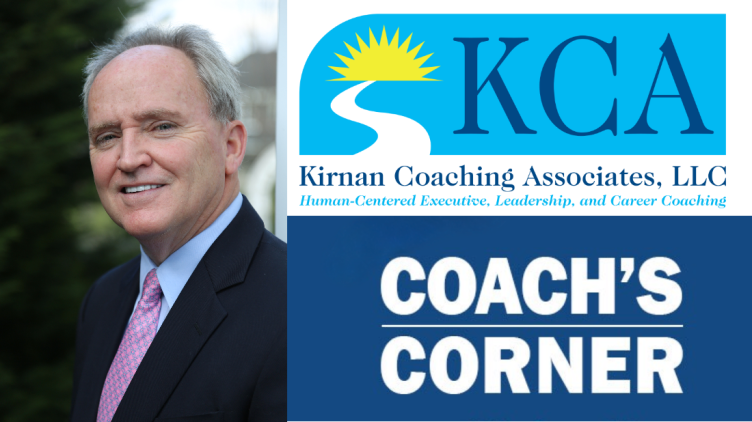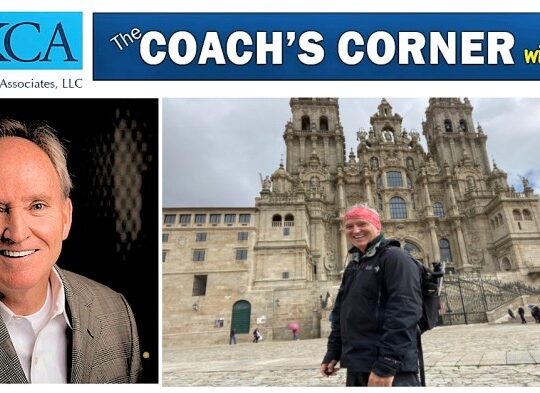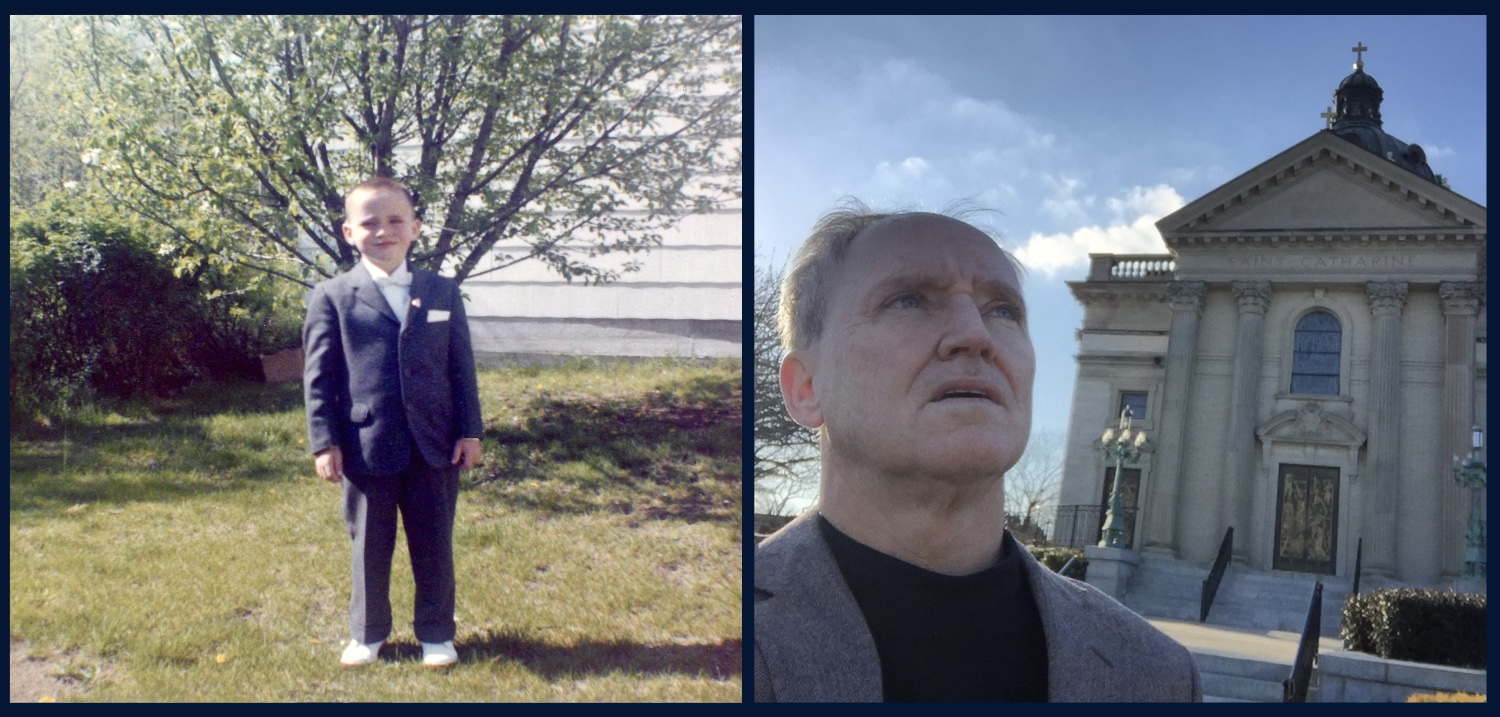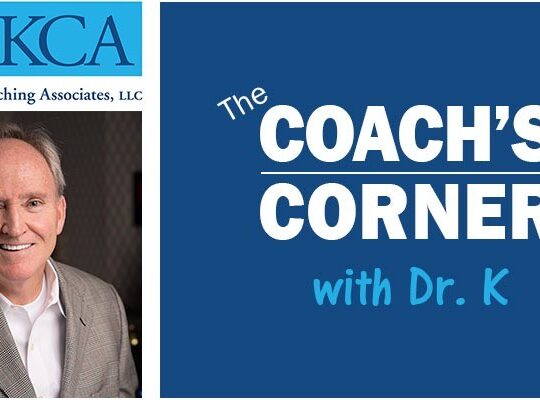Magis — a foundational concept in Ignatian Spirituality of always striving to be more, to do more, to grow in learning, in faith, and in service to others for the greater glory of God and the universal good.
A Transformational Moment in Our History is at Hand
“On some positions, Cowardice asks the question, Is it safe? Expediency asks the question, Is it politic? And Vanity comes along and asks the question, Is it popular? But Conscience asks the question, Is it right?… The ultimate measure of a man is not where he stands in moments of convenience, but where he stands in moments of challenge, moments of great crisis and controversy.” Excerpt from The Autobiography of Martin Luther King, Jr.
The quote above from Dr. Martin Luther King Jr. seems particularly appropriate for the challenging times our country finds itself in. The brutal killing of George Floyd on May 25th by a Minneapolis policeman and the civil unrest that followed has precipitated a much-needed conversation about racial equality and justice across the US and world at large. The largely peaceful protests in support of the Black Lives Matter movement and the 400-year quest for true racial equality and justice provide us hope that a transformational moment in our history may be at hand. Mr. Floyd’s painful plea of “I Can’t Breathe” – the very same phrase echoed by Eric Garner in 2014 — resonated in a powerful way across all communities — black, Latino, Asian, and White – and with it a collective determination to end the destructive forces of systemic racism and to form that more perfect union and realize the vision of our Founding Fathers of y pluribus unim — out of many, we are one.
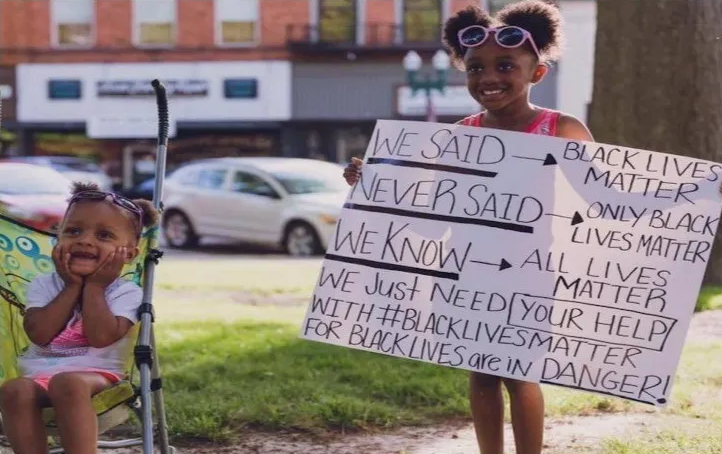
For many white Americans including myself, recent events have invited us to examine our own conscience, our complicity, and our personal history in dealing with race, including both the conscious as well as the unconscious biases and prejudices that are a part of who we are. This new jumble of social unrest comes on the heels of a global pandemic and the unmistakable inequality that it has inflicted on black people and all people of color. For many faith communities, this transformational moment reminds us of that powerful vision of the New Jerusalem, captured so beautifully in the the Book of Revelation 21:4 “And God shall wipe away all tears from their eyes; and there shall be no more death, neither sorrow, nor crying, neither shall there be any more pain: for the former things are passed away. Behold, I am making all things new. Write this down, for these words are trustworthy and true.” Could it be that we have finally arrived at the earthly equivalent of a New Jerusalem moment where in the words of Dr. King’s I Have A Dream speech in August 1963, all people – our black brothers and sisters as well as all people of color – “will not be judged by the color of their skin, but by the content of their character.”
Some Lessons Learned from My Own Experience as a White American
There have been far too many shootings as well as mistreatment of Black Americans by police throughout our history through assault and battery, beatings, the excessive use of force, and chokeholds. In my adult lifetime, such moments include the beating of Rodney King by Los Angeles (LA) police officers (March 1991) that precipitated a 4-day riot in LA a year later; the tragic shooting of an unarmed 17-year old named Trayvon Martin in Sanford, Florida (February 2012) by George Zimmerman who was later acquitted of all charges; and then the subsequent and tragic deaths of people like Eric Garner in New York City (July 2014); Michael Brown in Ferguson, Missouri (August 2014); a 12-year old boy named Tamir Rice in Cleveland, Ohio (November 2014); and Freddie Gray in Baltimore, Maryland (April 2015). But George Floyd’s passing on May 26th coming on the heels of the killings of Ahmaud Arbery and Breonna Taylor by police earlier this year has helped implore me and millions of other white Americans to look more reflectively at our own experience in dealing with race in ways we had never done before. During these last few weeks, I find myself wanting to learn more about what it is truly like to be a black person living in the United States by talking more openly and courageously to black people about their experiences and not by just rereading a 1960 best seller Black Like Me, John Howard Griffin’s chronicle of what it was like to temporarily darken his skin to pass as a black man travelling through the racially segregated states of Louisiana, Mississippi, Alabama, Arkansas, and Georgia. I would like to understand in a more reflective way, my own personal history with race and become more aware of what my own biases and prejudices are regarding race as well as to better understand what terms like “whiteness” and “white privilege” really mean and how they clearly apply to my own experience.
“I Am a Part of All That I Have Met”
As I began my own introspection, I was reminded of that great quote from Lord Tennyson’s Ulysses and how it speaks to our unique, individual experience through life — “I am a part of all that I have met. Though much is taken, much abides.” I grew up in an overwhelmingly white suburb of Northern New Jersey during the 1960s and 70s with loving parents and siblings. We always struggled financially but our parents gave us the gift of a good Catholic school education that helped each of us center our life around our faith and our family. I loved studying history and learned about race through the lens of our civics and history classes in grammar school and high school. I can vividly remember learning about the history of slavery, the civil war and the reconstruction period that followed, segregation and the civil rights movement with great teachers like Sister James Teresa and Miss Pulling at Our Lady of Mount Carmel School and then Mr. Keane and Brother Greg at Paramus Catholic High School. I have very fond memories of my first in person encounter with black people when I met the Frazier brothers from Paterson, NJ as a 13-year old in 1968. They would often visit our town during the summer months to shine shoes at the train station and taught me and several of my friends that wonderful skill. After shining shoes for a couple of hours, we would often head over to the town pool to play basketball. They even slept over our house on a couple of occasions and my Dad would make all of us breakfast.
In high school, my experience with race was largely confined to the basketball court where some of the teams we played against like Don Bosco Prep, Immaculate Conception, and Essex Catholic had some really great black players. As the leading scorer for my team as a junior and senior, I would always get more anxious whenever a black player would guard me having been told over the years that black players were quicker, stronger, and better than the white players I typically played with. I commuted to college and didn’t really have a lot of interaction with black students other than my classroom experience. It really wasn’t until I attended graduate school at Fordham University in the late 1970s that I was exposed to a richer experience and broader understanding of race and diversity as a number of my fellow students were either black or people of color from countries like Jamaica, Puerto Rico, Mexico, Iran, and Indonesia.
During my 25-year career as a financial analyst and the Head of a large Research Department, my exposure to race and diversity broadened further as I became more heavily involved in recruitment, professional development and training, and in employee retention efforts. I met and worked with incredibly talented black professionals like Ivan at Kidder Peabody, Herve at Salomon Smith Barney, and Anthea at Credit Suisse. Later on, as I moved into leadership roles in higher education as an MBA Program Director and Business School Dean, I enjoyed the opportunity to work with even more people of color from many different ethnic and cultural backgrounds. But as I reflect back on these professional experiences, I feel guilt and deep regret at never finding the courage to ask any of my black colleagues and other people of color what it was like for them to often be the only black person or person of color working in a large research department. I do not recall ever asking them directly what specific challenges they had to face because of their race and in acclimating to what at that time was a predominately white work culture. I realize now that it is vitally important for white Americans like me to have those uncomfortable conversations with black people and people of color. To listen to their experiences, to lament and empathize with their pain, to lean in and learn more about their experiences, and to lift them up with prayer.
Unlike Black Americans and People of Color, I Was Never Judged by The Color of My Skin
During this self-reflection, I’ve also had to acknowledge my own experience with white privilege, something I believe I now more fully understand. Like many white Americans, I never participated in or believed in slavery, segregation and Jim Crow laws, lynchings, burning crosses, wearing a white hood, or in any other forms of behavior that would ever suggest that one race had superiority over other races. Growing up, I may have suffered financial hardships like millions of other families did or suffered the pain and grief of losing a beloved family member like my older brother, or later on as an adult experiencing the stigma and loss of self esteem that comes with losing your job. I may not have secured a coveted job or got that promotion I wanted. But I now must acknowledge something I know has always been true for me and that is there has never been a day in my life where I had to worry about the color of my skin and being judged by friends, colleagues, or any employer that I ever worked for strictly on that basis. Rather, because I am white, every benefit of the doubt has always redounded to me and because of that fact and reality, I now must fully acknowledge that white privilege has been present throughout my entire life.
What Magis Calls Us to Strive for in the Quest for Racial Equality
Magis is a foundational cornerstone of Ignatian Spirituality and is a term adapted from the Jesuit motto Ad Majorem Dei Gloriam which means for the greater glory of God. Magis always calls each of us to do more and to do better in serving the universal good. It’s that incessant call to discern more clearly at any point in time, what God wants so that we can want what God wants and actually do what God wants. Magis implores us and encourages us to become that person God always wanted us to be, that child of God who is precious and beautiful in his sight without regard to race, ethnicity or sexual orientation. Magis stretches us and rehabilitates us in the same way that rehab and Physical Therapy can help us get back on our feet after an injury or surgery.
It is the gift from God that allows each of us with an open heart to more fully understand the real meaning behind the photo in the Coach’s Corner caption up above. In that photo, a young black girl holds up a sign during a protest with her younger sister explaining the powerful message behind Black Lives Matter. Saying that Black Lives Matter doesn’t mean that other lives are not as important because every life in the eyes of God matters. But the phrase Black Lives Matter implores each of us to examine the real-world data which continues to show a wide disparity between Black and White Americans on a host of key economic and quality of life measures:
- The poverty rate of Black Americans is more than twice the rate of White people.
- Black American incarceration rates are more than five times the rate of White people.
- Black Americans are more than twice as likely to die at the hands of a police officer than White people.
- The net worth of a typical White family is nearly ten times greater than that of a Black family.
- Median White incomes are 70% higher on average than what Black Americans earn.
- Black Americans have lower homeownership rates and college graduation rates than White people.
- Black Americans have less access to health care than White people.
- Black Americans are far more adversely impacted by COVID-19 than White people with higher hospitalization rates, higher death rates, and higher unemployment rates.
Racism is by far our most pressing social justice challenge and every major issue of the day including immigration reform, the concept of a living wage, access to affordable health care, access to a quality education, access to affordable housing, and LGBTQ are all affected by the systemic nature of racism. Embracing Magis offers us the hope of a new promised land where the stigma, pain, and history of racism finally can be extinguished. To get there requires all of us and especially my fellow White Americans to adopt the 4 L’s to end this pernicious sin of systemic racism:
- Listen and let your Black friends and colleagues be heard and be more open to having conversations that you may have avoided because they might be uncomfortable or the fear of saying the wrong thing.
- Lament and reach out to your Black brothers and sisters and let them know that you feel their pain and that you will try to better understand what their experience has been like.
- Lean in and Learn and reflect on your own experience with race and what your conscious and unconscious biases, prejudices, and habits might be. Spend time in reflecting touch on the myriad of statistics that demonstrate a sharp divide in economic disparities and the prevalence of white privilege.
- Lift Up Black People and All People of Color Through Prayer so that our spiritual wounds can be healed.
It’s time for each of us to be the bigger person God has always called us to be and to help our Black brother and sisters heal and restore hope. We can all do this together and run this race with them until we all cross the finish line together and finally realize not only that New Jerusalem moment I mentioned above from Scripture but that vision of America that has yet to be, a vision so eloquently penned in a poem by Langston Hughes called Let America Be America Again.
“O, let America be America again. The land that never has been yet, and yet must be—the land where every man is free.”
Wishing my fellow Coaches, clients, and friends the gift of God’s many blessings,

